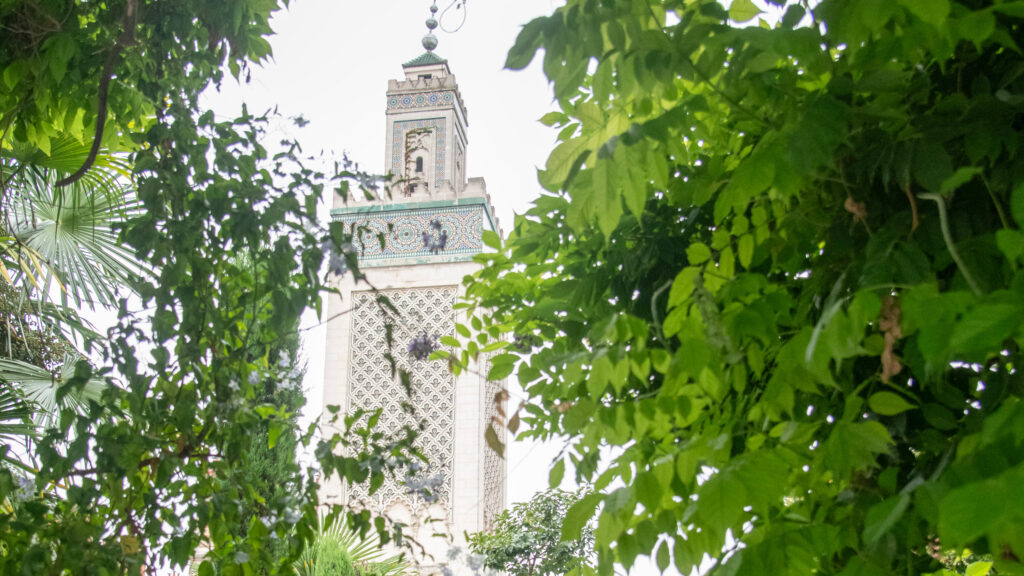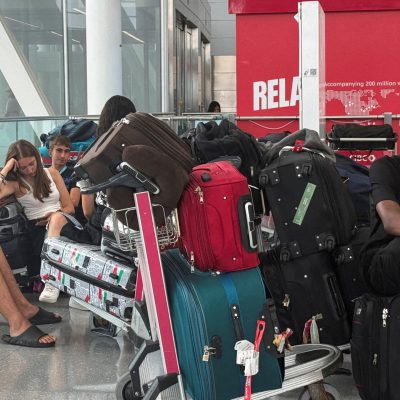Exploring the vibrant landscape of Arabic culture in Paris offers a rich tapestry of experiences, blending art, literature, and music that reflects the **profound influence** of Arab communities in the city. Recent statistics indicate a significant rise in Arabic literature and music events, with over 30% increase in attendance compared to previous years. The dynamic intersection between Arab traditions and Parisian lifestyle creates unique opportunities for cultural exchange. Moreover, venues like the Institut du Monde Arabe showcase the richness of Arab heritage through engaging exhibitions and performances.
Embracing the Arabic Literary Scene in Paris
The Arabic literary scene in Paris has undergone a remarkable transformation in recent years. Writers such as Leïla Slimani and Kamel Daoud, both notable figures in contemporary literature, have contributed to a surge in readership and interest. Literary festivals, including the Paris Arab Festival, now attract thousands, demonstrating the flourishing interest in Arabic narratives. Recent data shows that attendance at these festivals has increased by 40% year-on-year, with a diverse audience keen to explore Arabic stories. This surge reflects a growing recognition of the contributions of Arabic-speaking authors who articulate the complexities of identity in the modern era. Events at local cultural hubs align with this trend, enhancing cultural understanding and fostering appreciation for literary excellence.
The Arabic Musical Influence and Cultural Festivals
Paris is not just a literary hub; it also serves as a melting pot for Arabic music. Venues across the city, such as La Cigale and the Grand Mosque, host performances that celebrate Arabic sounds, drawing in diverse crowds. Recent festivals like the Arab Music Festival have reported record numbers, confirming the city’s role as a focal point for cultural exchange. Events frequently feature renowned artists from various Arabic-speaking countries, enhancing Paris’s status as a global cultural crossroads. The mingling of traditional sounds with contemporary styles invites younger generations to embrace their heritage while simultaneously introducing these genres to new audiences.
📊 Key Musical Influences in Paris
- Influential Artists: Oum Kalthoum, Fairuz, and contemporary fusion artists
- Key Venues: La Cigale, Zénith de Paris
Culinary Contributions of Arabic Culture
A staple of Arabic culture in Paris is its rich culinary scene. From street stalls in the Marais district to gourmet restaurants, Arab food has found a beloved place in Parisian gastronomy. Dishes like shawarma, hummus, and tabbouleh highlight the vibrant flavors of the Arab world. The growing popularity of Arabic cuisine culminated in the annual Arab Gastronomy Week, which showcases traditional recipes and innovative culinary fusions. Research shows that interest in Arabic cuisine has increased, with over 20% of Parisians dining at Middle Eastern restaurants at least once a month.
Key Takeaways and Final Thoughts
Arabic culture continues to thrive and evolve in Paris, shaping the city’s artistic landscape through literature, music, and culinary arts. The significant rise in events celebrating this heritage reflects a broader appreciation and understanding of its complexities. Engaging with these aspects not only enriches the cultural fabric of Paris but also highlights the shared humanity among diverse communities, fostering connections that transcend borders. This vibrant cultural exchange will undoubtedly continue to grow, promising an exciting future for Arabic culture in Paris.
❓ Frequently Asked Questions
What events celebrate Arabic culture in Paris?
Events like the Arab Music Festival and Paris Arab Festival are pivotal in celebrating Arabic culture, showcasing music and literature from various Arabic-speaking regions. Attendance has notably increased, reflecting a growing public interest.
How has Arabic cuisine influenced Parisian food culture?
Arabic cuisine has significantly influenced Parisian gastronomy, with dishes like shawarma and hummus becoming staples. The growing popularity of Arab food is evidenced by increased dining at Middle Eastern restaurants.
To deepen this topic, check our detailed analyses on Travel & Tourism section







